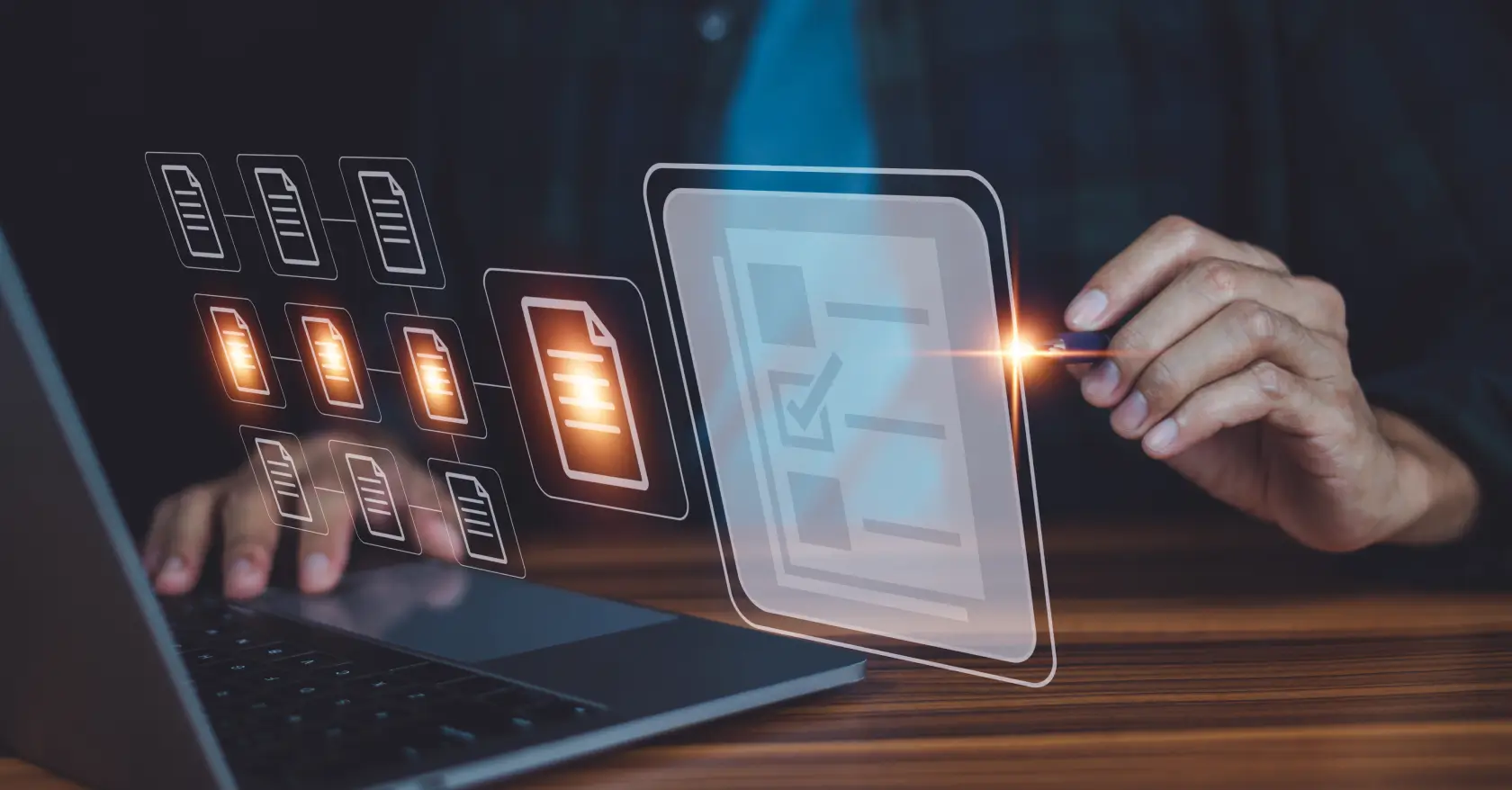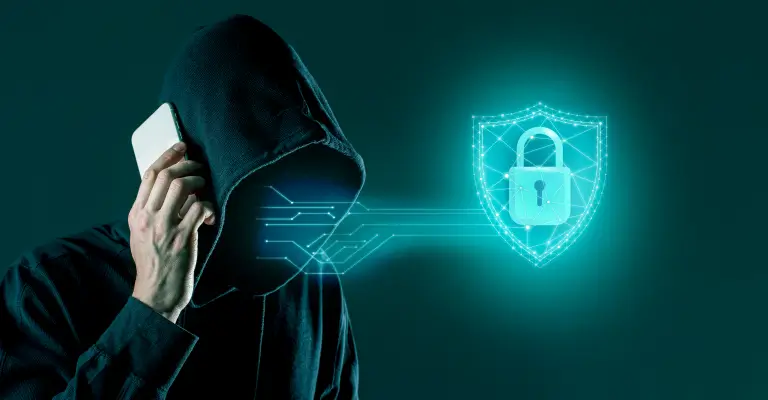A Digital Trust Ecosystem powered by Blockchain-Based Digital Trust Solutions is no longer optional in our interconnected world; it’s fundamental. CEOs recognize that citizen trust is crucial for business success, yet data quality issues and rampant counterfeiting erode this trust daily. This underscores the urgent need for solutions.
Digital trust signifies confidence in the security, transparency, and ethical nature of digital data, transactions, and interactions. A Digital Trust Ecosystem (DTE) expands this concept, fostering a collaborative network of businesses, governments, individuals, and devices that leverage standardized tools to achieve shared objectives, such as secure supply chains or tamper-proof credentials.
Blockchain technology plays a pivotal role in this ecosystem. Its decentralized and immutable ledger ensures data integrity and trust by design. By leveraging blockchain for supply chain transparency, secure digital identity, and streamlined trade documentation, a DTE empowers all participants to operate with a single source of truth.
The consequences of neglecting digital trust are severe: inefficiency, exploitation, and a decline in user confidence. However, by embracing blockchain-based solutions, we can rebuild trust, one secure and transparent interaction at a time.
What is a Digital Trust Ecosystem?
A Digital Trust Ecosystem (DTE) is a collaborative network where businesses, governments, individuals, and even devices securely interact using shared digital tools. Imagine a university, an online learning platform, and employers seamlessly verifying student credentials without manual checks. Or a government agency issuing tamper-proof digital IDs for citizens to access services across borders. These scenarios exemplify DTEs in action–trusted environments where data flows securely, and participants rely on shared standards.
Key Components of a DTE:
- Participants: From students seeking digital trust in credential verification to logistics firms demanding supply chain transparency, each stakeholder plays a crucial role.
- Shared Platforms: Blockchain-based systems, AI tools, or decentralized databases facilitate collaboration.
- Shared Objectives: Combating counterfeit goods, streamlining trade documentation, or securing digital identities are common goals.
Why Trust is More Critical Than Ever:
Without trust, digital systems falter. For instance:
- Organizations lose $12.8 million annually due to poor data quality, often stemming from siloe.d systems.
- 30% of pharmaceuticals in emerging markets were counterfeit pre-COVID-19, highlighting the vulnerability of untraceable supply chains.
- 70% of organizations struggle to find valuable data, hindering innovation in sectors like education and government services.
A DTE addresses these challenges. By prioritizing blockchain for trust, stakeholders gain:
- Transparency: Every transaction, from verifying a degree to tracking a shipment, is recorded immutably.
- Security: Decentralized systems minimize single points of failure, crucial for sensitive areas like digital trust solutions for government services.
- Efficiency: Automated processes, such as smart contracts for trade documentation, replace error-prone manual workflows.
Consider online education. A DTE can connect universities, students, and employers through blockchain-verified credentials, eliminating fraudulent degrees and enabling instant verification. Similarly, governments can leverage DTEs to issue secure digital IDs for citizens to use across healthcare, voting, and tax systems.
Ultimately, a DTE transcends technology; it signifies a new era of collaborative interaction in our fragmented digital world.
Blockchain’s Unique Role in Building Digital Trust
Blockchain is not merely a buzzword; it’s the foundation of modern Blockchain-Based Digital Trust Solutions. But what makes it uniquely suited for creating a Digital Trust Ecosystem? Let’s explore its strengths.
Why Blockchain is the Ultimate Trust Machine
Traditional systems rely on centralized authorities, such as banks or governments, to validate transactions. Blockchain revolutionizes this model. Its decentralized, tamper-proof ledger ensures:
- Immutability: Once data is recorded, like a diploma or a drug shipment log, it cannot be altered.
- Transparency: All network participants share the same version of the truth, crucial for supply chain transparency and public-sector audits.
- Security: Data isn’t stored in a single vulnerable location, significantly reducing the risk of breaches – a critical advantage for digital trust solutions for government services.
Consider digital identity. Blockchain empowers individuals to control their personal data, sharing only necessary information with entities like airlines, hotels, or border agencies, eliminating the need for a central database and minimizing data leaks.
You Can Also Read This: What is Digital Trust Service and Why Is It Important?
Blockchain vs. Other Trust-Building Approaches
While AI-based monitoring and data trusts offer some benefits, blockchain provides distinct advantages:
- AI Monitoring: Primarily reactive, identifying issues after they occur. Blockchain is proactive, preventing fraudulent transactions from entering the ledger.
- Data Trusts: Third parties manage data, creating potential bottlenecks. Blockchain enables peer-to-peer digital trust in credential verification, reducing delays and costs.
In education, a Blockchain-Based Digital Trust Ecosystem allows employers to instantly verify degrees, eliminating fraudulent credentials. While AI might detect fraud after a hire, blockchain prevents it at the source.
Guiding Principles, Powered by Blockchain
Building a DTE is not solely about technology; it’s about upholding core values. Blockchain aligns with these principles:
- Cybersecurity: Encrypted, decentralized ledgers safeguard sensitive data like trade documentation and medical records.
- Proactive Change: Smart contracts automatically adapt to evolving regulations, future-proofing the system.
- Reduced Complexity: Standardized protocols replace fragmented tools, simplifying digital trust solutions for education and cross-border logistics.
- Foundational Transparency: Public blockchains like Ethereum allow anyone to audit transactions, fostering accountability.
Imagine a pharmaceutical supply chain built on blockchain. Every step, from factory to patient, is recorded. If a counterfeit drug enters the system, it’s immediately flagged, protecting lives and brand reputations.
Real-World Impact
- Education: Institutions like MIT leverage blockchain to issue verifiable digital diplomas, eliminating degree fraud.
- Government: Estonia utilizes blockchain-based digital IDs for secure voting, tax payments, and healthcare access.
- Trade: Platforms like IBM’s TradeLens employ blockchain to streamline trade documentation, reducing processing times from days to minutes.
In essence, blockchain doesn’t merely support a Digital Trust Ecosystem; it fundamentally reshapes how trust is established, maintained, and scaled.
Steps to Build Blockchain Solutions for a Digital Trust Ecosystem
Ready to transform your organization with Blockchain-Based Digital Trust Solutions? Let’s explore the five crucial steps to create a scalable, secure Digital Trust Ecosystem tailored to your specific needs.
Step 1: Identify the Right Use Case
Begin by pinpointing areas where trust gaps exist. For example:
- Supply Chain Transparency: Track pharmaceuticals to combat counterfeiting.
- Digital Identity: Secure citizen IDs for seamless government service access.
- Credential Verification: Build digital trust in online education by eliminating fraudulent degrees.
Ask: Does this use case necessitate decentralized, tamper-proof records? If so, blockchain is the ideal solution.
Step 2: Create a Proof of Concept (PoC)
Test your idea on a small scale. For instance:
- A university can pilot blockchain diplomas to streamline digital trust in credential verification.
- A logistics company can trace a single product batch to validate supply chain transparency.
A PoC demonstrates tangible benefits to stakeholders, such as reduced fraud or accelerated trade documentation processing.
Step 3: Select the Best Blockchain Platform
Choose a platform that aligns with your objectives:
- Public Blockchains (e.g., Ethereum): Ideal for transparency-focused use cases like public audits.
- Private Blockchains (e.g., Hyperledger): Better suited for sensitive applications, such as digital trust solutions for government services.
Consider scalability, privacy requirements, and integration with existing systems.
Step 4: Set Up the Development Environment
Equip your team with the necessary tools:
- Smart Contract Frameworks (e.g., Solidity for Ethereum).
- Interoperability Protocols to connect with legacy systems.
- Testing Environments to simulate real-world scenarios (e.g., credential verification workflows).
Partner with blockchain developers or leverage low-code platforms to expedite the setup process.
Real-World Use Cases of Blockchain-Powered Digital Trust Ecosystems
Blockchain-Based Digital Trust Solutions are transforming industries across the globe. At EveryCred, we are witnessing firsthand how these solutions are addressing critical challenges and building a more trustworthy future. Here are some key examples:
- Securing Online Education: EveryCred empowers educational institutions to issue tamper-proof digital credentials on the blockchain. This ensures the authenticity and integrity of academic records, allowing employers to quickly and confidently verify qualifications.
- Revolutionizing Government Services: We are developing innovative blockchain-based solutions for government services, such as secure digital identity systems that enhance citizen trust and streamline access to services.
- Ensuring Supply Chain Transparency: EveryCred helps businesses build transparent and secure supply chains by leveraging blockchain technology to track goods from origin to destination. This combats counterfeiting and ensures the ethical sourcing of products.
- Streamlining Global Trade: We are enabling faster and more secure global trade by digitizing trade documentation and automating processes through blockchain-based solutions.
These are just a few examples of how Blockchain-Based Digital Trust Solutions are transforming industries.
Read More: What Defines a Digital Trust Company?
Overcoming Challenges in Adopting a Digital Trust Ecosystem
Building a successful Digital Trust Ecosystem (DTE) presents several hurdles. At EveryCred, we understand these challenges and have developed innovative solutions to help our clients overcome them:
- Data Silos: EveryCred specializes in integrating data from disparate sources into a unified blockchain-based system. Our expertise in data integration and interoperability ensures seamless data flow within your DTE.
- Technical Complexity: We simplify blockchain development by leveraging modular frameworks and partnering with leading BaaS providers. Our team of expert developers provides end-to-end support, from design and development to deployment and maintenance.
- Privacy Concerns: EveryCred prioritizes privacy by implementing robust security measures, including the utilization of hybrid blockchains and privacy-enhancing technologies like zero-knowledge proofs.
- Regulatory Uncertainty: We stay abreast of the latest regulatory developments and design our solutions to comply with relevant regulations, such as GDPR.
- Ecosystem Adoption: We facilitate collaboration by connecting organizations within specific sectors and fostering industry-wide DTEs.
By leveraging EveryCred’s expertise and innovative solutions, organizations can confidently navigate the complexities of building and deploying successful DTEs. We empower our clients to overcome challenges and unlock the full potential of trust-driven collaboration.
The Future of Digital Trust Ecosystems – Trends and Opportunities
The landscape of Digital Trust Ecosystems (DTEs) is rapidly evolving. Key trends shaping the future include:
- AI-Blockchain Convergence: AI will enhance DTEs by automating trust verification and predicting risks.
- DAOs: Decentralized Autonomous Organizations will foster trustless collaboration across borders.
- Interoperability: Seamless data exchange across different blockchains will create a unified global trust ecosystem.
- Sustainability: Eco-friendly blockchain technologies will drive sustainable DTEs.
- Self-Sovereign Identity: Individuals will regain control of their data through blockchain-based identity solutions.
These trends point towards a future where trust is automated, decentralized, and user-centric. Organizations that embrace these advancements will gain a significant competitive advantage.
Conclusion
EveryCRED, a pioneer in Digital Trust Ecosystems (DTEs), empowers organizations to bridge trust gaps and collaborate securely. We provide solutions like secure digital IDs, tamper-proof supply chain tracking, and fraud-proof credentials for education and government services. Our work with the Laravel community to create a blockchain-based certification system exemplifies this. We help organizations combat challenges like data quality, counterfeiting, and verification delays, making EveryCred your partner in building a future of trust.
Start Building Your Digital Trust Ecosystem Today. Schedule a call with us today.
The future of trust is decentralized. The future is EveryCred.

 24th January, 2025
24th January, 2025 



